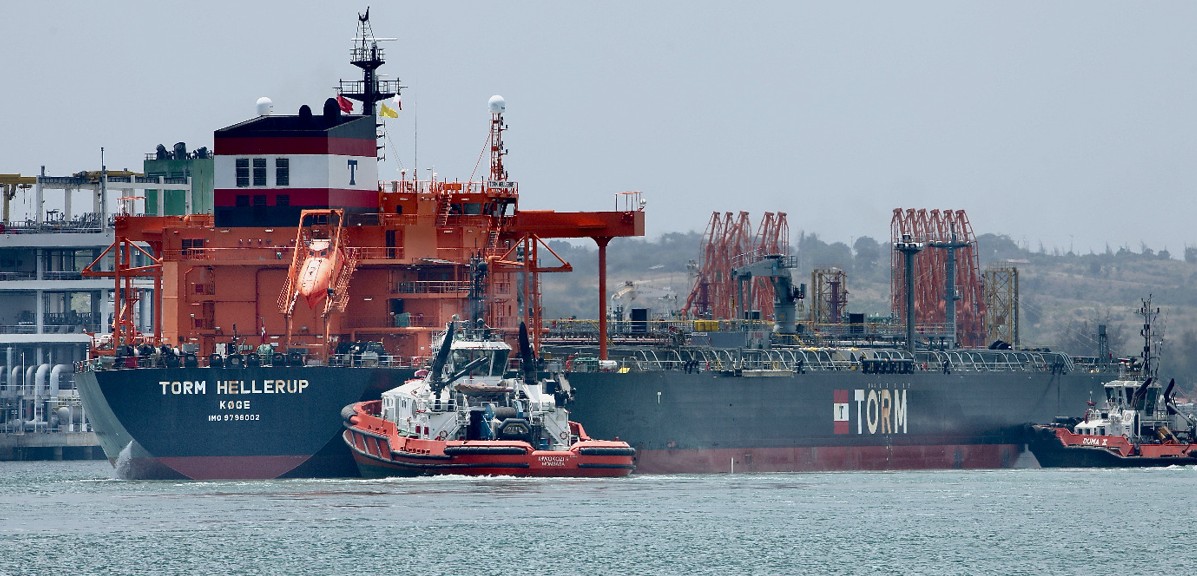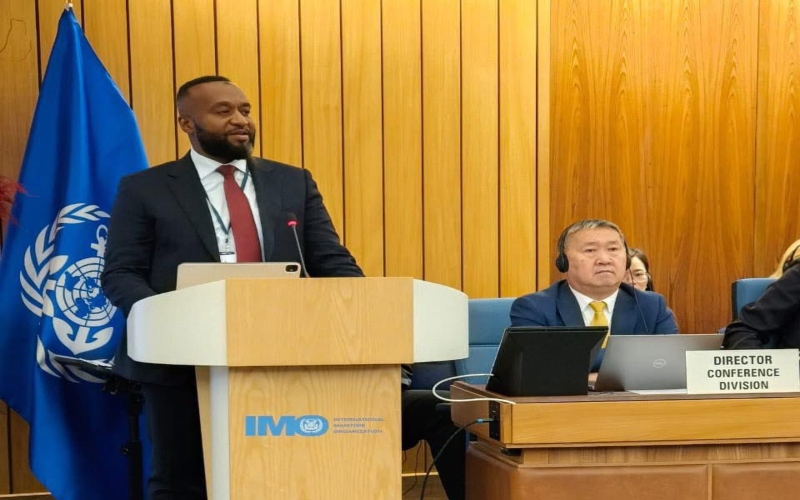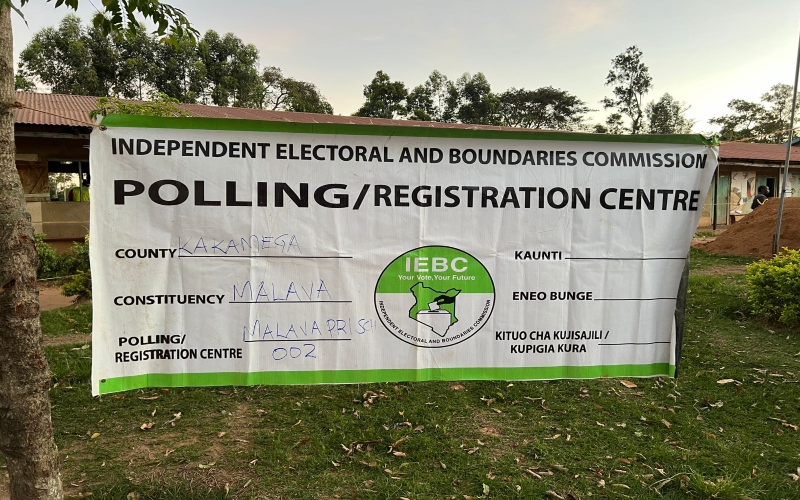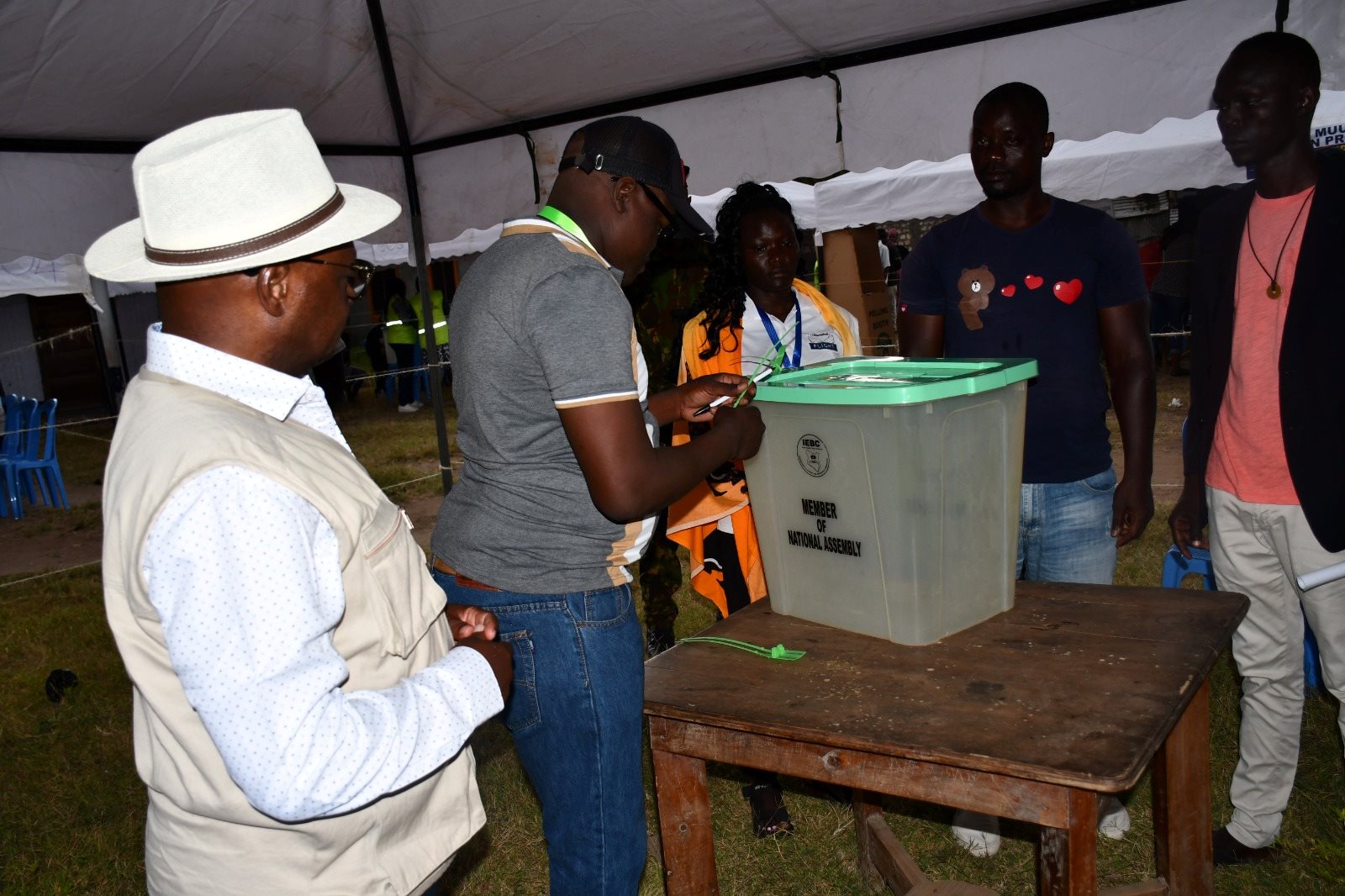High Court blocks 10 per cent crude oil duty, slams government for bypassing public input

Petitioners argued that the levy would directly affect fuel prices and, by extension, the cost of essential goods and services.
The High Court has granted Kenyans a major reprieve by halting the government from imposing a 10 per cent import duty on crude oil, ruling that the levy was introduced unlawfully.
In a decision delivered by Justice Bahati Mwamuye, the court declared the measure unconstitutional and null, criticising the state for bypassing mandatory public and parliamentary participation.
More To Read
- Fuel prices remain unchanged in November EPRA review
- CS Chirchir grilled over Sh10.52 billion fuel levy funds delay, new securitisation plan
- MPs reject plan to regulate cooking gas imports via open tender system
- EPRA shuts 12 filling stations for selling adulterated and export-bound fuel
- Kebs on the spot as MPs order withdrawal of disputed levy regulations
- Rising prices, protests shrank private sector economy in July - report
Justice Mwamuye noted that any fiscal or regulatory action taken under the East African Community (EAC) Common Market framework must strictly comply with constitutional requirements. He stressed that the government "cannot introduce, suspend, or enforce such measures without first subjecting them to public scrutiny and obtaining approval from Parliament."
The judge added that "the failure to observe these steps amounted to a violation of the public's right to be involved in decisions affecting the cost of living."
EAC gazette notice
The dispute centred on the EAC gazette notice published on 30 June 2024, which introduced the 10 per cent duty on crude oil imported into Kenya.
Petitioners argued that the levy would directly affect fuel prices and, by extension, the cost of essential goods and services.
The court agreed, emphasising that such a consequential decision cannot be made through executive fiat.
Justice Mwamuye consequently issued orders halting the implementation, enforcement, or application of the Gazette Notice. He highlighted that the constitutional requirement for public participation is "not a procedural formality but a safeguard intended to ensure transparency and accountability in governance."
The ruling suspends a measure that had already contributed to rising fuel prices, providing temporary relief to consumers struggling with the high cost of living. It also sends a clear message to government agencies that policy decisions with wide-ranging economic impacts must follow proper legal procedures before taking effect.
Top Stories Today














































